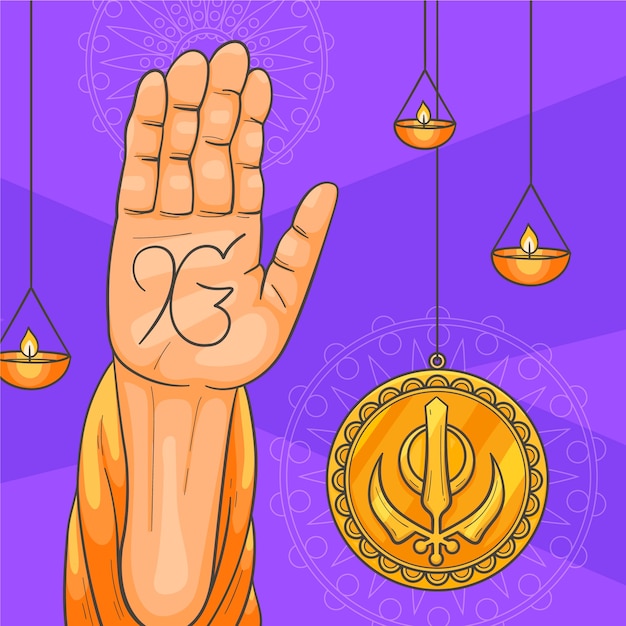Fascinating Facts about Hinduism

Hinduism is the oldest known religion in the world.
Hinduism does not have one single founder.
The sacred texts of Hinduism are known as the Vedas.
Hinduism embraces the concept of reincarnation.
The cow is considered a sacred animal in Hinduism.
Hinduism embraces the belief in karma – the idea that actions have consequences.
Hindus believe in the existence of many gods and goddesses.
Yoga originated from Hinduism and is an integral part of the religion.
Hinduism is the third-largest religion in the world, following Christianity and Islam.
Diwali, also known as the Festival of Lights, is one of the most important Hindu holidays.
Hinduism believes in the concept of dharma – doing one’s duty or righteous actions.
Ganesha, the elephant-headed god, is widely worshipped in Hinduism.
Hinduism promotes the idea of achieving spiritual liberation, known as moksha.
Hindu temples are known for their intricate and colorful architecture.
The Bhagavad Gita is a sacred Hindu scripture that is highly respected.
Varanasi, a city in India, is considered one of the holiest places in Hinduism.
The swastika symbol, which is associated with peace and well-being, has its roots in Hinduism.
Hinduism is a way of life, encompassing rituals and traditions in everyday activities.
Holi, the Festival of Colors, is another well-known Hindu festival celebrated worldwide.
Fascinating Facts about Hinduism part 2
Meditation is a common practice among Hindus to attain spiritual enlightenment.
Hindu weddings are vibrant, filled with rituals and ceremonies.
Saraswati, the goddess of knowledge and arts, is also worshipped in Hinduism.
The Ganges River is considered sacred in Hinduism and is believed to cleanse one’s sins.
Ayurveda, an ancient system of medicine, originated from Hindu teachings.
Hinduism promotes ahimsa, the principle of non-violence and respect for all living beings.
The concept of maya, or illusion, is explored in Hindu philosophy.
Kali, the fearsome goddess, is worshipped as the destroyer of evil in Hinduism.
Hinduism encourages self-realization and awareness of one’s true nature.
The caste system, although not strictly religious, has influenced Hindu society for centuries.
The Rigveda, one of the four sacred texts, contains hymns and prayers.
Hinduism teaches the principles of tolerance and acceptance of other religions.
The lotus flower is a powerful symbol in Hinduism, representing purity and divine beauty.
Ganesh Chaturthi is a Hindu festival dedicated to Lord Ganesha, celebrated with great enthusiasm.
Hinduism promotes the concept of harmony with nature and the environment.
The concept of atman, the eternal soul, is central to Hindu philosophy.
The holy city of Mathura is considered the birthplace of Lord Krishna, an important deity in Hinduism.
Hinduism acknowledges the importance of the guru-disciple relationship in spiritual growth.
The Kumbh Mela is a mass Hindu pilgrimage where millions gather to bathe in sacred rivers.
Hindu gods and goddesses are often depicted with multiple arms, symbolizing their divine powers.
The concept of samsara, the cycle of birth, death, and rebirth, is integral to Hindu belief.
Hinduism encourages seekers to find God within themselves through self-reflection and introspection.
The Mahabharata, an epic Hindu poem, tells the story of the Kurukshetra War and contains valuable life lessons.
Lord Rama, the hero of the Ramayana, is revered as the epitome of righteousness and virtue in Hinduism.
Hinduism affirms the interconnectivity of all beings and emphasizes the need for compassion and kindness towards others.
The Gayatri Mantra is one of the most sacred and widely recited Hindu prayers, offering praise to the sun god.

